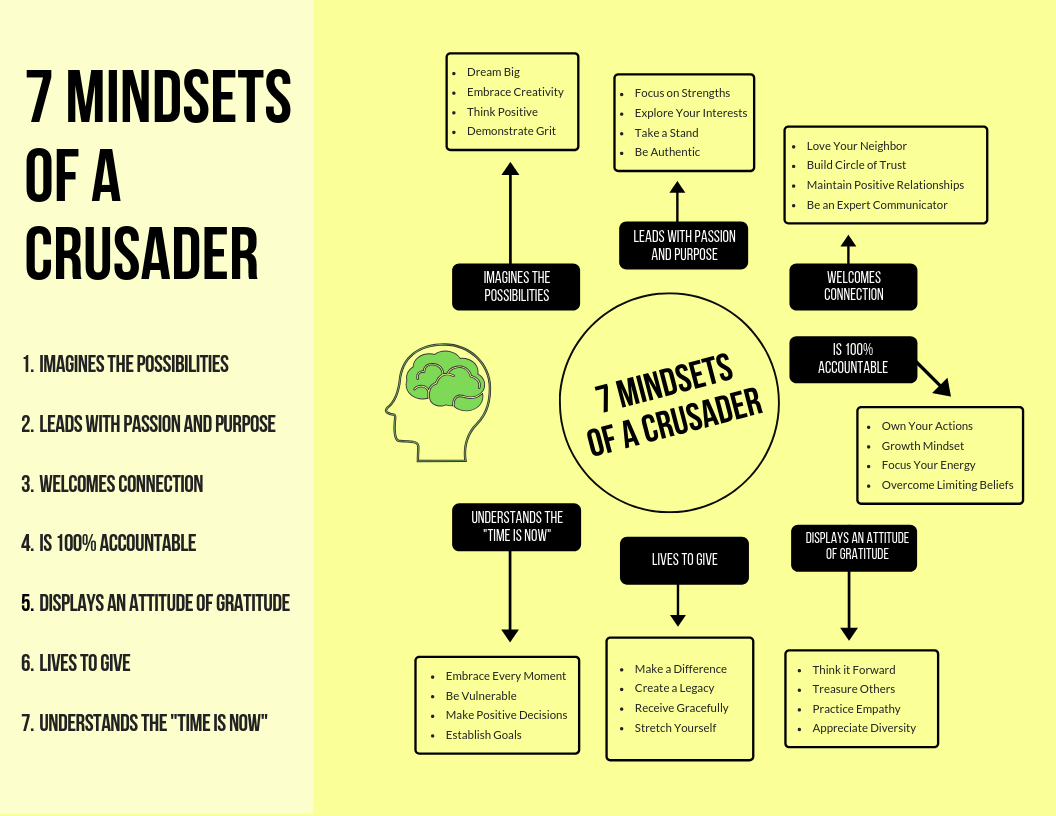What is Social & Emotional Learning?
Social and emotional learning is a framework that focuses on the core social and emotional skills necessary for students of all ages be healthy and successful. Bridging curriculum and teaching with school policies and collaboration with parents and communities, SEL has five key components: self-awareness, self-management, social awareness, relationship skills, and responsible decision-making.
SEL often focuses on helping students achieve key developmental skills, such as the ability to express emotions and establish and manage peer relationships with less support from adults. It also helps meet the unique needs of young people in adolescence, by addressing their search for identity and attitudes toward themselves and others.
When effectively structured and supported, Social Emotional Learning programs have been shown to benefit students in a number of ways—from improving academic performance, to decreasing problem behavior and emotional distress, to helping students succeed in higher education and the workplace.
SEL often focuses on helping students achieve key developmental skills, such as the ability to express emotions and establish and manage peer relationships with less support from adults. It also helps meet the unique needs of young people in adolescence, by addressing their search for identity and attitudes toward themselves and others.
When effectively structured and supported, Social Emotional Learning programs have been shown to benefit students in a number of ways—from improving academic performance, to decreasing problem behavior and emotional distress, to helping students succeed in higher education and the workplace.


